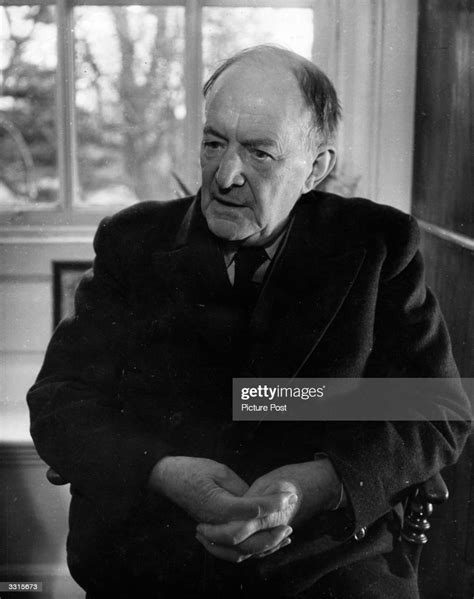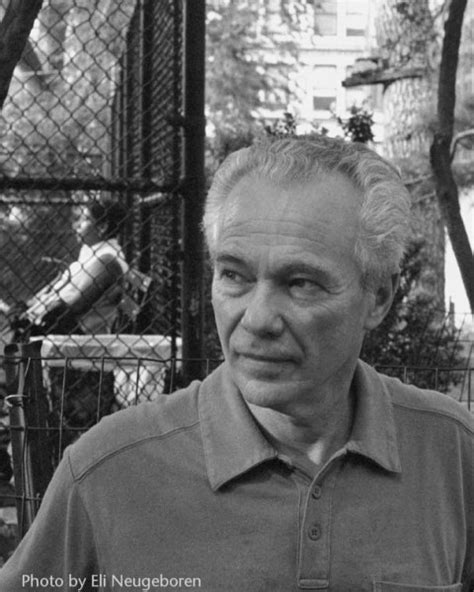A Quote by Ellen Glasgow
For me, the novel is experience illumined by imagination.
Quote Topics
Related Quotes
A novel is not an allegory.... It is the sensual experience of another world. If you don't enter that world, hold your breath with the characters and become involved in their destiny, you won't be able to empathize, and empathy is at the heart of the novel. This is how you read a novel: you inhale the experience. So start breathing.
The idea of a group of elders is that, in past civilizations, they have linked worlds; the other world was also present in this one. There is also the argument that elders have "experience." The problem is that experience teaches fear of change. Experience kills imagination. Experience makes people conservative. What we are facing tomorrow requires the force of imagination, not wisdom from yesterday.
This fact was something I also learned from this first novel that I needed personal experience to invent, to fantasize, to create fiction, but at the same time I needed some distance, some perspective on this experience in order to feel free enough to manipulate it and to transform it into fiction. If the experience is very close, I feel inhibited. I have never been able to write fiction about something that has happened to me recently. If the closeness of the real reality, of living reality, is to have a persuasive effect on my imagination, I need a distance, a distance in time and in space.
Henry Corbin creates the world - most of all his examination of the imagination and what the imagination was for him. Some philosophers would think of the imagination as a synthetic ability, how you put different things together. Artists more think of the imagination as creativity. So I really like the way that he presents the imagination as a faculty that allows one to experience worlds that are not exactly physical but are real nonetheless.
[My novel] took up the sweetest part of my mind and the rarest part of my imagination; it was like being in love and better. All day long when I was busy [...], I had my unfinished novel personified almost as a secret companion and accomplice following me like a shadow wherever I went, whatever I did.







































